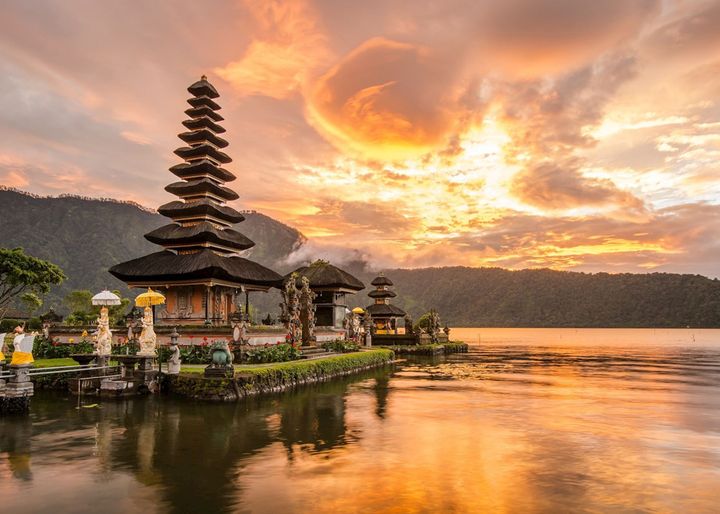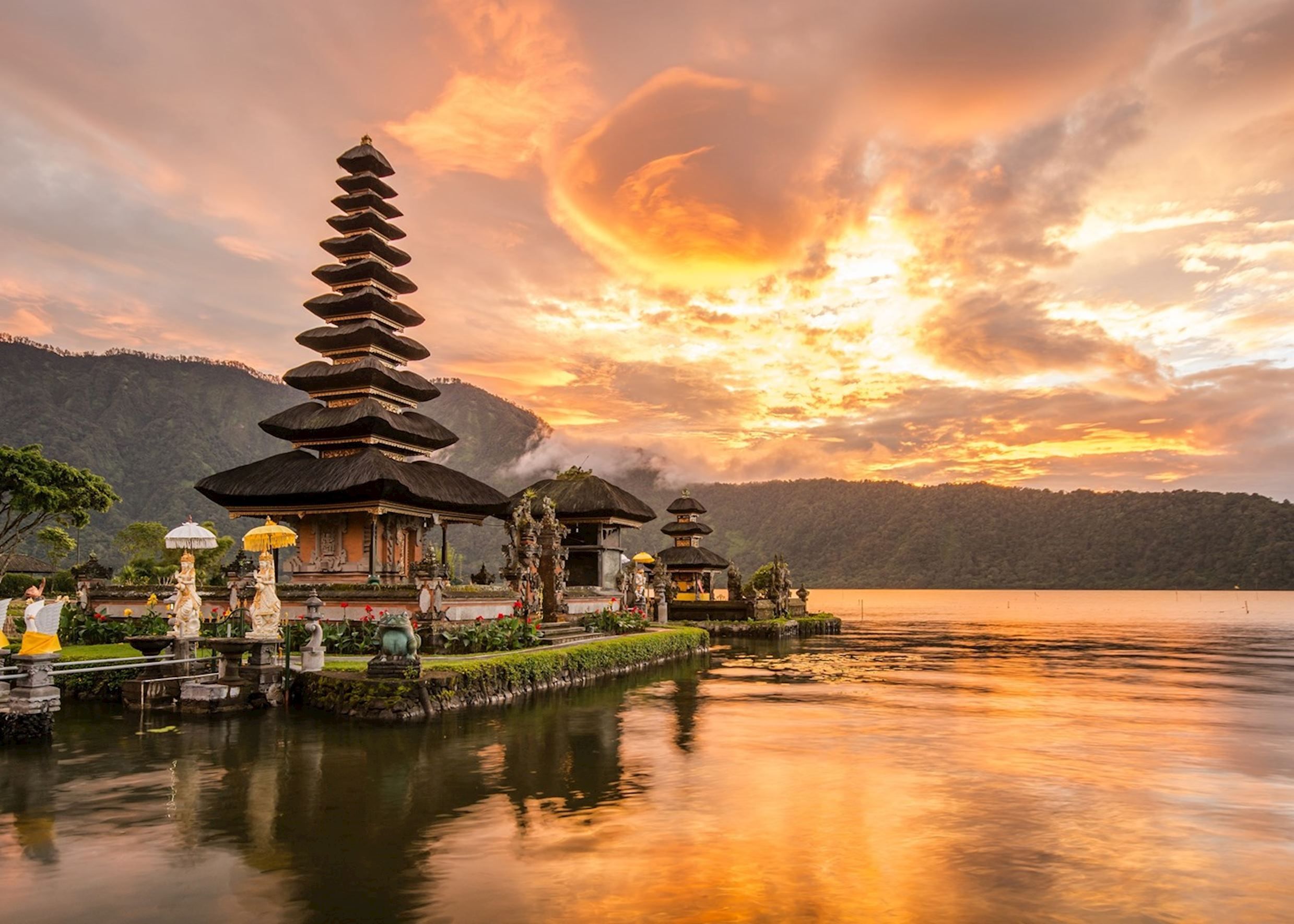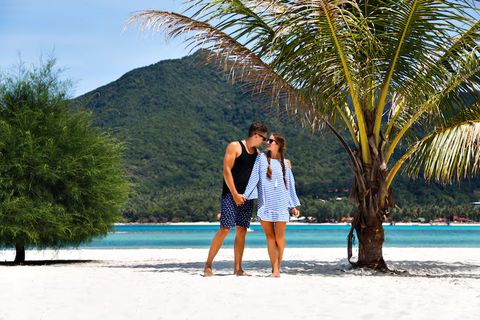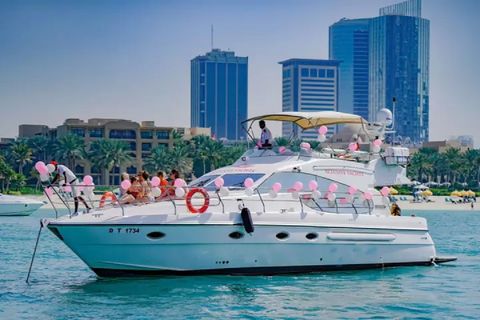
Bali Vacation Explained: Learn Essential Facts, Travel Tips, Suggestions, and Planning Knowledge
A Bali vacation refers to travel undertaken to the Indonesian island of Bali, known for its landscapes, cultural heritage, marine environments, and wellness-focused experiences. Bali has developed into a major global travel destination because of its natural scenery, historical temples, volcanic mountains, coral coastlines, and village traditions that continue to shape daily life. Visitors often explore local culture, nature, food, yoga and meditation retreats, marine adventures, and quiet rural settings.
The concept of a Bali vacation exists because the region combines multiple travel elements in one place—cultural learning, natural exploration, relaxation, and environmental discovery. Many travelers choose Bali for research trips, educational visits, cultural immersion, natural observation, and photography. Over decades, Bali’s infrastructure has expanded to support international tourism, making it accessible to a wider range of travelers while maintaining local customs and community-led traditions.

Importance: Why Bali Travel Matters Today and Who It Affects
Bali travel remains important for several personal, environmental, and cultural reasons. For travelers, the island provides opportunities to explore tropical ecosystems, volcanic terrains, and marine biodiversity. It allows individuals to learn about Balinese Hindu traditions, local crafts, community rituals, and traditional architecture. These experiences support educational interests in anthropology, ecology, heritage preservation, and island sustainability.
For local communities, tourism plays a role in preserving cultural practices by creating opportunities for traditional performances, craft training, and community-run heritage spaces. It encourages conservation of natural resources such as coral reefs, waterfalls, and forests, which travelers frequently seek to observe and study.
Bali vacations also help travelers address common needs such as:
Learning about tropical ecosystems and island geography
Exploring cultural diversity and traditional lifestyles
Observing rituals, arts, and heritage sites
Engaging in mindful activities such as meditation, wellness, and nature walking
Gaining insights into sustainable island living and community-based resource management
Recent Updates: Trends and Developments in the Past Year
Several developments over the past year have influenced how travelers plan and experience Bali vacations. These changes reflect shifts in digital travel tools, local guidelines, and growing interest in environmentally responsible travel.
Travel Patterns in 2024–2025
There has been increased interest in cultural learning trips, where visitors spend time in smaller villages to observe crafts, ceremonies, and daily routines.
Nature-based travel continues to grow, especially trekking around Mount Batur and exploring protected marine areas.
Travelers have shown more focus on environmental practices, including choosing nature-friendly accommodations and participating in beach cleanliness programs.
Transport and Accessibility Trends (2024)
Local transportation improvements have made inter-region travel smoother, especially between areas such as Ubud, Sanur, Seminyak, and Canggu.
Digital navigation apps now include more detailed mapping of smaller roads and pathways, which helps travelers explore rural environments more safely.
Cultural and Environmental Awareness (2024–2025)
Several local organizations introduced educational initiatives about coral reef preservation and forest conservation, encouraging visitors to observe guidelines during marine activities.
Community-led cultural workshops have expanded, offering more opportunities for travelers to learn about Balinese dance, weaving, culinary traditions, and temple etiquette.
These ongoing updates play a role in how travelers prepare and make decisions for their Bali visit.
Laws or Policies That Affect a Bali Vacation
Bali vacations are influenced by travel policies issued by Indonesian authorities, along with island-specific cultural guidelines. These rules aim to protect heritage locations, manage tourism flow, and support environmental conservation.
Visa and Entry Regulations
Many international visitors require a Visa on Arrival (VoA) or an electronic visa. Requirements vary by nationality and are updated periodically.
Travelers must hold a valid passport with sufficient validity for entry into Indonesia.
Cultural Etiquette Policies
Several guidelines are in place to maintain respect toward Balinese culture:
Wearing appropriate clothing when visiting temples and sacred sites.
Following instructions during ceremonies or community rituals.
Avoiding restricted areas marked for cultural or religious reasons.
Environmental Protection
Rules prohibit littering in beaches, forests, and protected environments.
Certain marine areas have guidelines for snorkeling and diving to protect coral ecosystems.
Some regions enforce regulations on drone use to avoid disturbance to wildlife and communities.
Local Tourism Rules
Some tourist areas have scheduled visiting hours to avoid overcrowding.
Regulations may apply when entering volcano trekking zones, especially during weather-related advisories.
These policies are important for maintaining safety, protecting natural habitats, and preserving cultural identity.
Tools and Resources for Planning a Bali Vacation
Travelers use a variety of tools to plan, research, and navigate their Bali trip. These resources help with route planning, cultural learning, environmental awareness, and itinerary organization.
Navigation and Mapping Tools
Google Maps for route planning and inter-town navigation
Maps.me for offline navigation in rural areas
Waze for traffic updates
Cultural and Learning Resources
Online cultural guides explaining Balinese rituals, symbols, and temple etiquette
Museum websites sharing information about local history and traditional crafts
Weather and Environment Tools
AccuWeather and Windy for monitoring tropical weather patterns
Earthquake monitoring apps used in volcanic regions
Tide forecast tools for visitors exploring beaches and marine areas
Planning and Research Tools
Itinerary planners used to map out locations such as Ubud, Kuta, Seminyak, Nusa Penida, and Lovina
Digital note-taking apps for organizing cultural facts, hiking routes, and observation points
Translation apps to support communication in Bahasa Indonesia
These tools help travelers make informed decisions and explore the island more confidently.
FAQs
1. What is the best time of year to plan a Bali vacation?
Bali has a tropical climate with a dry season and a rainy season. Most travelers visit during the dry months when skies are clearer, making it easier to explore outdoor locations. However, both seasons offer unique experiences depending on personal preferences for weather and crowd levels.
2. Are cultural sites in Bali open to all visitors?
Most temples and heritage sites allow visitors, but some areas remain reserved for ceremonies or local communities. Travelers should follow on-site instructions and dress respectfully, especially when entering temple grounds.
3. Is it easy to travel between regions like Ubud, Uluwatu, and Canggu?
Yes, traveling between major tourist regions is common. Local transportation options and digital navigation tools make inter-area travel manageable. However, road conditions can vary, especially in smaller villages.
4. What types of natural environments can travelers explore?
Bali features diverse landscapes, including rice terraces, waterfalls, marine parks, volcanic mountains, forests, and cliffside coastal areas. Many travelers combine multiple environments in a single trip.
5. Do travelers need special preparation for volcano trekking?
Volcano trekking requires general fitness and awareness of current advisories. Weather changes can affect access, so travelers should check local updates and follow guidance from authorized trekking groups.
Conclusion
A Bali vacation provides an opportunity to explore tropical nature, cultural traditions, marine environments, and mindful activities within a single island setting. Understanding local customs, environmental guidelines, and travel rules helps ensure a respectful and informed experience. Recent developments in transportation, cultural education, and environmental awareness continue to shape how travelers interact with Bali. With the support of reliable tools, updated travel resources, and thoughtful planning, visitors can experience the island in a meaningful and responsible way.










